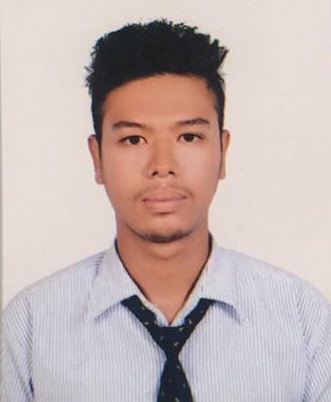The gamut of political development in India-Nepal Relation after the promulgation of the Constitution of Nepal in 2015 helped increase the distrust between the two neighbouring countries. India has been accused of interfering in Nepal’s internal matter numerous times. With nationalistic rhetoric at the centre of gravity the two left parties, the then CPN UML and Maoist Centre’s run into the general election resulted in the formation of a government at the centre and later on a merger whereby a new left party (third largest communist party in Asia) was formed. The foundation of a new government based on exploited nationalistic sentiment and a prevalent anti-Indian sentiment in Nepal has been unfavourable for India. The actions don't limit hereby, the government signed the BRI, increased co-operation with Communist Party of China (CPC) and held several online workshops all of which has only made India more watchful.
The India-Nepal relationship took another bitter turn with the inauguration of the roadway to Mansarovar via Lipulekh (a contested territory) by India. The government of Nepal responded by handing over a diplomatic note to the Indian Ambassador in Kathmandu and amending the constitution to include all the contested territory in its map. The Indian media was quick to blame China for supposedly instigating Nepal. Indian Chief of Army Staff (COAS) M.M Narvane's statement following the events was on the same line as that of the Indian media. Narvane’s statement caused another uproar in Nepal as it was perceived as belittling of the territorial integrity and sovereignty of Nepal. Concurrently, preparation for his visit to Nepal were being made to continue the practice of being conferred the honorary rank of the General of Nepal Army, a tradition which dates back to 1950. Different speculation were made on his three day visit as it was an important high-level visit from India after Nepal published its new map with the contested territories. Experts believed that the visit would help re-energize the India-Nepal relations.
However, the visit failed the predictions made by several experts. During his visit Narvane toured a few heritage sites in Kathmandu, delivered a lecture at the Army Command and Staff College, met with his counterpart General Purna Chandra Thapa at the Army Headquarters in Kathmandu where he assured Indian support to Nepal Army. Later, he was conferred the Honorary rank of the General of the Nepal Army by the Nepalese President and finally before departing, he paid a courtesy visit to the Prime minister and the Minister of Defence.
The visit focused primarily on agenda of strengthening the relations of Nepalese and Indian Army. However, the relations between the two military organizations has always been cordial having built up a deep tie since the inception lying on the foundation of the Gurkha recruitment in the Indian army. The visit hardly created any positive build on the political relations of the two nations as expected by few experts. Hence the visit can be concluded as just the continuation of the military practices of conferring rank of honorary General and nothing beyond that.

